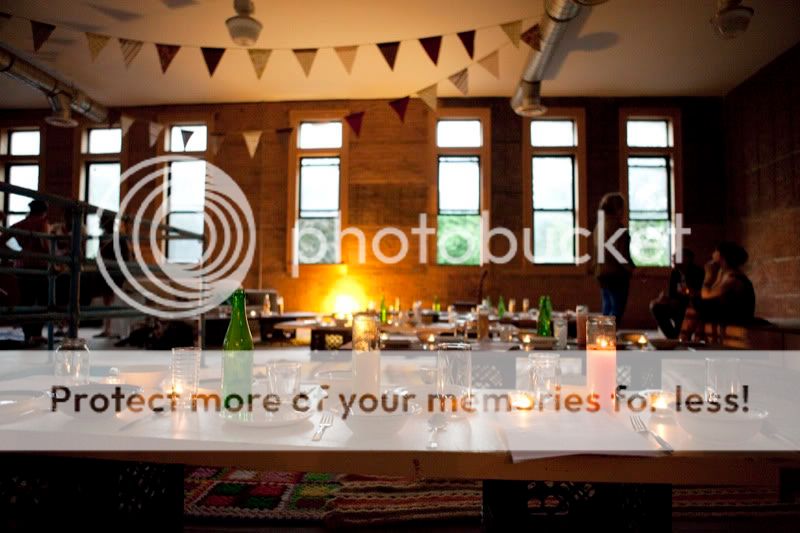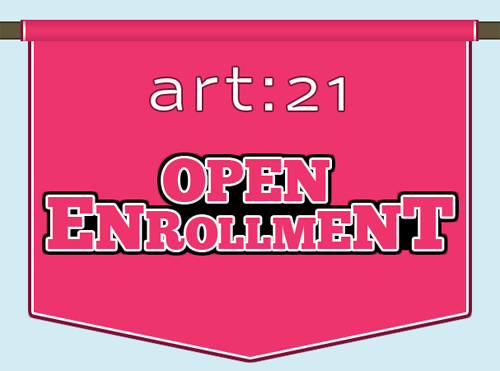 Coffee and politics. They go together almost as good as politics and art. A week ago I met up with a good friend of mine for a cup of coffee and to talk a little about the projects we have been working on. We chatted about school starting, upcoming shows, and each other’s work. Then our conversation shifted a little to talk about Detroit. For the last year, I have been living, working, and going to school in the Detroit Metro area. I spend my time outside of the studio with friends getting to know the various parts of the city. Detroit is host to a wide variety people including those born and raised south of Eminem’s Eight Mile Road and a large amount of recent transplants with origins spanning the world. Detroit has become a bit of an urban testing ground with the media’s recent focus turned towards the nation’s once glamorous car capitol.
Coffee and politics. They go together almost as good as politics and art. A week ago I met up with a good friend of mine for a cup of coffee and to talk a little about the projects we have been working on. We chatted about school starting, upcoming shows, and each other’s work. Then our conversation shifted a little to talk about Detroit. For the last year, I have been living, working, and going to school in the Detroit Metro area. I spend my time outside of the studio with friends getting to know the various parts of the city. Detroit is host to a wide variety people including those born and raised south of Eminem’s Eight Mile Road and a large amount of recent transplants with origins spanning the world. Detroit has become a bit of an urban testing ground with the media’s recent focus turned towards the nation’s once glamorous car capitol.
Since the 1998 publication of Relational Aesthetics by Nicholas Bourriaud, small flowerings of Relational Art projects have cropped up all over the world. Dinner parties and community gatherings of this nature seem to be thriving in every major city across the US. Chicago’s InCUBATE runs a monthly soup brunch that has become a model for soups from Portland, Oregon, to New York City. It raises money and funds independent creative projects and at the same time provides a place for community discussion. Earlier this year Detroit Soup, founded by Kate Daughdrill and Jessica Hernandez, popped up right here in Motown.

Image courtesy of Detroit Soup
I have been attending this event off and on for the last six months and getting to know the push and pull of its visitors’ interests. The first time I attended this event was the third or fourth time the group gathered to nourish their bodies and minds. It was a small group then—about 30 individuals who knew each other from growing up or going to school in Detroit. True to my idea of how relational art is, it is a space designed to foster new relationships. Like InCUBATE’s Sunday Soup, it offers a mini-grant each month to one person or organization voted on by the group who attends each dinner.
In the past few months, the event has grown considerably to regularly host 100-150 visitors per meal, but it seems Detroit Soup has now shifted. From its initial intent to merely promote new friendships, it is now beginning to feed more practical relationships. Instead of acting solely as a public forum for expressing ideas, it has become a place to make these ideas come true. Detroit Soup has presented itself as place for facilitating creative projects. The mini-grant was the space’s initial way of helping creative or community based projects happen in Detroit, but the grants seem to have taken a step to the side, becoming more of a form of entertainment while visitors work on building a network.
In the coffee conversation, several words came up over and over again: ethics, power, agility, ambiguity, and pleasure. The whole time we talked, I argued with myself over what the actual purpose of this soup project was and what it was accomplishing. Is it really just another piece of relational art, or is it becoming something different?




